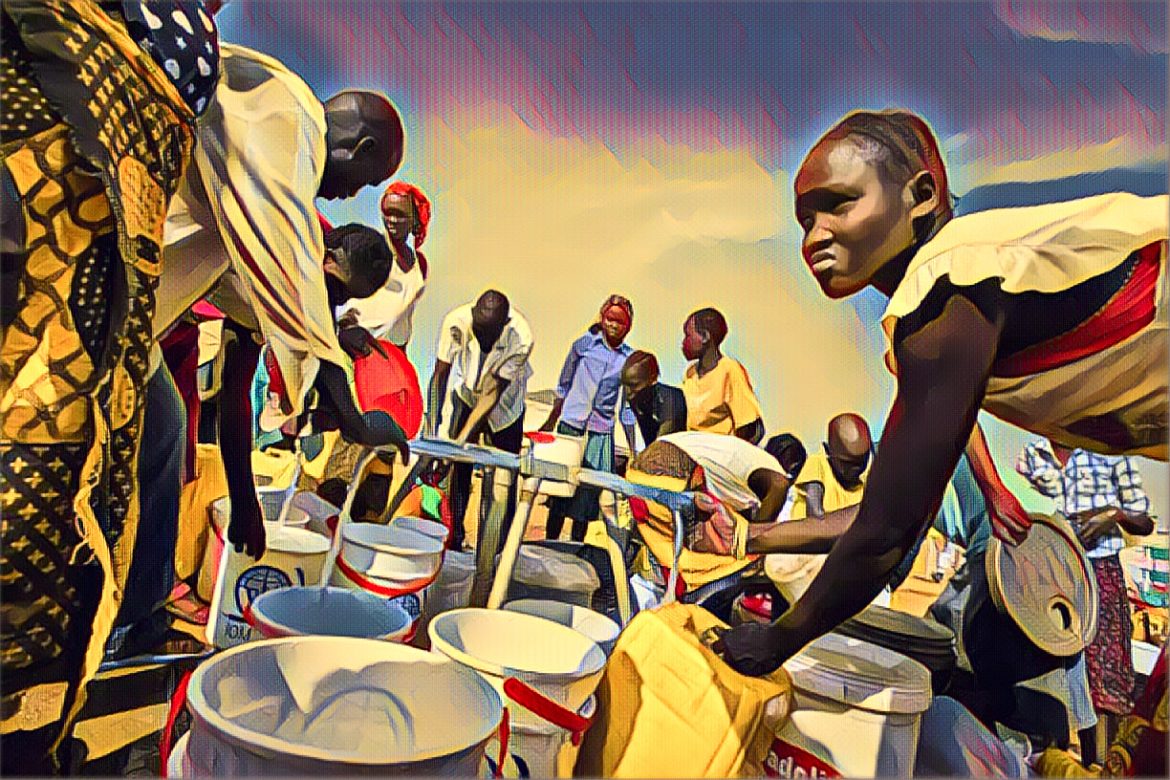Zimbabwe is currently grappling with a severe water crisis that threatens both health and livelihoods, especially in its urban centers. This scarcity, amplified by factors like rapid urbanization, climate change, recurring droughts, and disease outbreaks, places an immense burden on already inadequate water infrastructure. The NGO ActionAid Zimbabwe is raising awareness about this critical issue, particularly highlighting its profound impact on women and girls.
As the globe marked World Water Day with the theme “Leveraging Water for Peace,” ActionAid Zimbabwe pointed out the dire situation in Zimbabwe, where water scarcity is not just an environmental issue but a social crisis that disproportionately affects women and girls. This vulnerability stems from the lack of Gender-Responsive Public Services (GRPS), exposing them to harassment, rights violations, and increased gender inequalities. The ripple effects of water scarcity in Zimbabwe extend to education, economy, health, and safety, significantly disrupting daily life and exacerbating conflicts and domestic violence.
Joy Mabenge, the country director for ActionAid Zimbabwe, voiced concerns over the climate-induced humanitarian crises, such as El Niño, devastating communities’ livelihoods. These conditions have transformed clean water from a basic necessity into a scarce commodity, especially affecting communities dependent on agriculture and livestock. The inadequate budget allocations for water infrastructure and sanitation facilities by local authorities and governmental agencies like the Rural Infrastructure Development Authority (RIDA) and Zimbabwe National Water Authority (ZINWA) have further aggravated the situation.
Highlighting the gender dimensions of the crisis, Exodus Munkuli, a Sexual Reproductive Health and Rights (SRHR) activist, and Caroline Mutimbanyoka, a women’s rights activist, emphasized the disproportionate impact on women and girls. The responsibility of water collection often falls on them, exposing them to various risks and hardships. Moreover, the politicization of water access has turned the quest for water into a contentious issue, with women at the forefront of this struggle.
Diana Harahwa, a youth activist, pointed out the exacerbation of vulnerabilities due to patriarchal norms, with women shouldering the responsibility for household water provision. This scarcity also leads to human-wildlife conflicts in regions like Mbire, Hwange, Chiredzi, Victoria Falls, and Kariba, where competition for water intensifies the dangers faced by women venturing long distances in their quest for water.
The situation in Zimbabwe calls for immediate and concerted efforts from the international community to address these challenges. ActionAid Zimbabwe, along with other civil society organizations, stresses the need for meaningful participation of affected communities, particularly youth and women-led groups, in the recovery process. Ensuring access to clean, safe water and sanitation facilities as a fundamental human right requires the collective action of the Zimbabwean government, civil society organizations, and all stakeholders involved in water provision. By incorporating diverse voices in decision-making processes and implementing comprehensive measures, there is hope for mitigating this crisis and paving the way for a more equitable and sustainable future in Zimbabwe.
Source: NewZimbabwe


